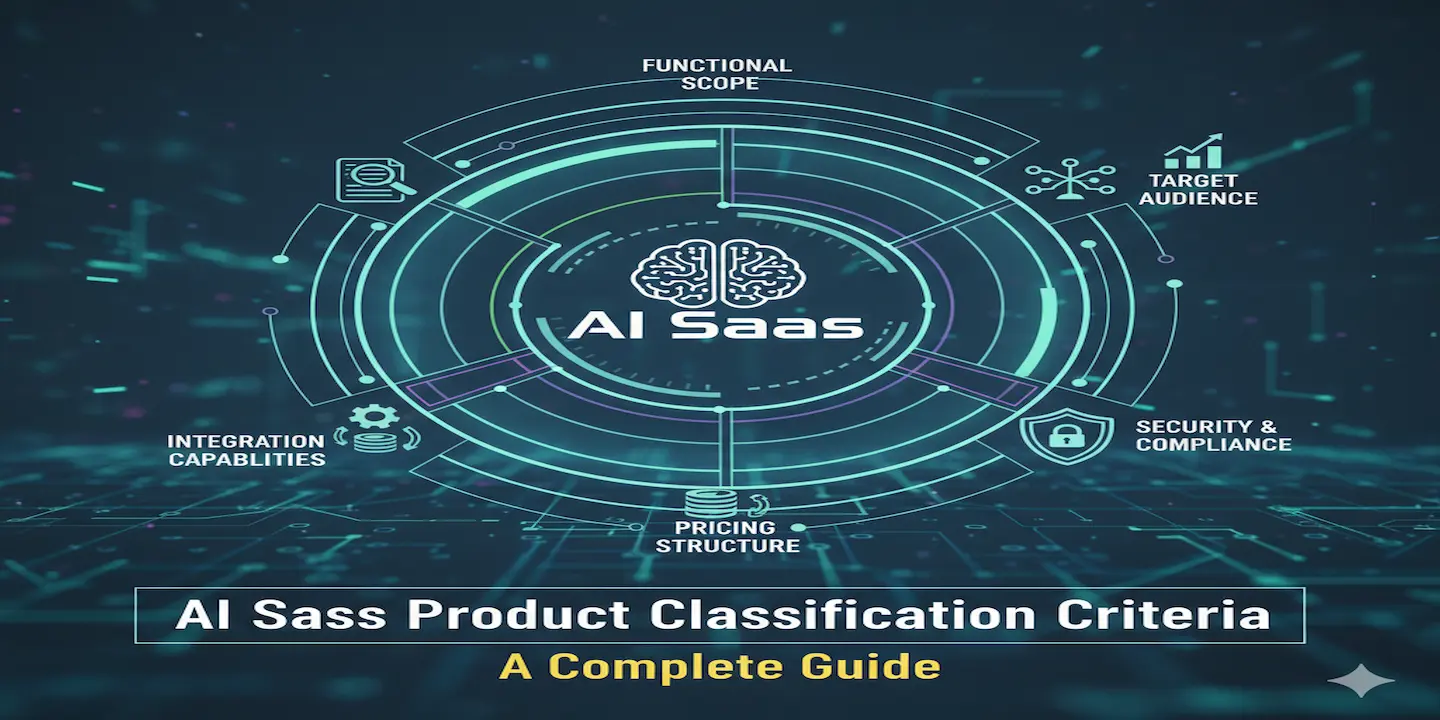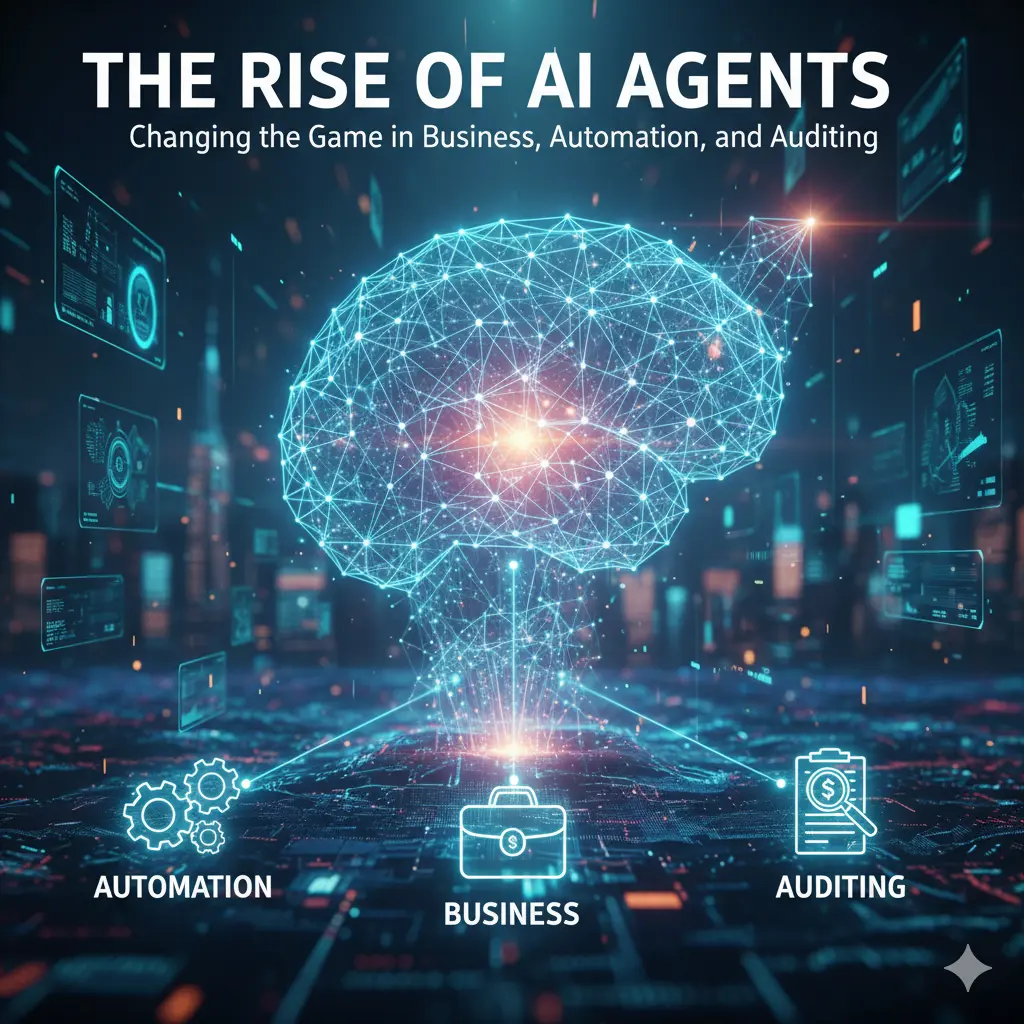
Artificial Intelligence (AI) is revolutionizing the banking and financial industry, making operations smarter, safer, and more efficient. From fraud detection to personalized customer experiences, AI is shaping the future of finance in ways we never imagined.
But how is AI in banking and finance bringing a change in the industry, and what does its evolution mean for banks and financial institutions? Let’s explore AI’s roles in banking and finance.
1. Enhanced Fraud Detection and Risk Management
One of the most crucial AI applications in finance is fraud detection. AI algorithms analyze vast amounts of transaction data in real time, spotting suspicious activities and preventing fraudulent transactions before they happen. Traditional methods often fail to detect evolving fraud patterns, but AI adapts and improves continuously, ensuring greater security.
Banks are also leveraging AI-driven anomaly detection to identify irregular patterns in user behavior. By continuously learning from historical data, AI can proactively flag unusual transactions that may indicate fraudulent activity. Additionally, AI-powered cybersecurity tools monitor and detect threats such as phishing attacks, malware, and hacking attempts, ensuring robust digital security for customers and institutions alike.
AI-driven fraud detection systems also integrate biometric authentication, such as facial recognition, fingerprint scanning, and voice recognition, to prevent unauthorized access. This multi-layered security approach significantly reduces the risk of identity theft and fraudulent account activities.
2. Personalized Customer Experience
AI in the banking industry is redefining customer service through chatbots and virtual assistants. These AI-powered tools provide instant responses, handle routine queries, and even suggest financial products based on individual spending habits. Banks use AI to offer personalized financial advice, making banking more interactive and customer-friendly.
Furthermore, AI-driven sentiment analysis helps banks gauge customer emotions and feedback, enabling them to tailor their services accordingly. AI chatbots are now capable of understanding natural language processing (NLP) and providing human-like conversations, making interactions seamless and intuitive. These AI-driven interactions not only improve customer satisfaction but also reduce operational costs by minimizing the need for human intervention.
Beyond chatbots, Artificial Intelligence solutions enable hyper-personalization in banking by analyzing transaction history, lifestyle choices, and financial behavior to offer customized recommendations. For example, AI can identify spending patterns and suggest budgeting tips, investment opportunities, or loyalty rewards, ensuring a more engaging banking experience.
3. Automating Loan and Credit Decisions
AI in financial services streamlines credit scoring and loan approvals by analyzing credit history, transaction behaviors, and risk factors. AI-powered underwriting systems can assess creditworthiness more accurately than traditional models, reducing biases and speeding up decision-making processes.
By utilizing machine learning models, AI can analyze alternative data sources such as utility bill payments, rental history, and social media activity, to assess a borrower’s creditworthiness. This approach enables financial institutions to extend credit to underserved populations who may not have a traditional credit history. AI also enhances fraud detection in lending by identifying suspicious loan applications and preventing identity theft-related fraud.
AI-driven credit scoring also reduces the reliance on manual paperwork and traditional banking processes, significantly expediting loan approvals. Customers experience faster decision-making with minimal documentation, improving accessibility to financial services.
4. AI-Powered Trading and Investment Strategies
AI in the finance industry is transforming investment strategies with predictive analytics and automated trading. AI-driven robo-advisors assess market trends, manage portfolios, and make real-time trading decisions, optimizing investment performance for both institutions and individual investors.
AI-powered trading algorithms analyze large datasets at high speed to detect profitable opportunities. They eliminate human bias and emotions from trading decisions, ensuring more data-driven and rational investments. Hedge funds and asset management firms leverage AI to predict stock market trends, optimize asset allocation, and maximize returns while minimizing risks.
Additionally, AI enhances risk assessment in investment portfolios by analyzing past market behaviors and simulating potential financial scenarios. Investors and financial advisors can use AI insights to make more informed and strategic decisions while mitigating risks effectively.
5. Operational Efficiency and Cost Reduction
AI in banking/financial services automates repetitive tasks such as data entry, compliance reporting, and document processing. This improves efficiency and reduces human errors, allowing financial institutions to cut operational costs while enhancing productivity.
By integrating robotic process automation (RPA) with AI, banks can streamline back-office operations, reducing the need for manual intervention in tasks such as KYC verification, claims processing, and account reconciliation. AI-powered analytics tools also help financial institutions optimize workforce planning, ensuring staff efficiency and better resource allocation.
AI-powered customer onboarding processes further enhance efficiency by automating identity verification through document scanning, facial recognition, and digital signatures. These AI-driven innovations reduce processing times and enhance the customer experience.
6. Regulatory Compliance and Risk Assessment
AI in banking helps financial institutions stay compliant with regulations by analyzing legal documents, tracking policy changes, and ensuring adherence to regulatory requirements. AI’s predictive analytics also assist in mitigating financial risks by forecasting market fluctuations and economic trends.
Regulatory technology (RegTech) powered by AI is helping financial institutions manage compliance more effectively. AI-driven tools can scan thousands of regulatory documents, identify relevant changes, and alert compliance officers about necessary actions. Additionally, AI models can predict potential regulatory risks, enabling proactive risk management and reducing financial penalties due to non-compliance.
AI also supports anti-money laundering (AML) efforts by identifying suspicious transactions and detecting unusual financial activities. AI-powered AML monitoring systems continuously learn from transaction patterns, allowing institutions to stay ahead of evolving money laundering tactics.
How AI Will Transform Banking in the Future
- Hyper-Personalization: AI will refine its ability to analyze customer behavior and offer even more tailored financial solutions, creating unique banking experiences for individuals.
- Voice and Biometric Banking: AI-powered authentication methods, such as voice recognition and facial scanning, will enhance security and convenience, making passwordless banking a reality.
- AI-Powered Predictive Analytics: Banks will leverage AI to anticipate customer needs and market trends proactively, allowing financial institutions to offer proactive solutions rather than reactive services.
- Blockchain and AI Integration: AI will enhance transaction security, fraud prevention, and regulatory compliance by integrating with blockchain technology, ensuring transparency in banking operations.
- Quantum Computing in Finance: AI combined with quantum computing will revolutionize complex financial calculations, risk modeling, and encryption for enhanced security, allowing banks to process data at unprecedented speeds.
- Autonomous Financial Assistants: AI-driven personal finance assistants will proactively manage expenses, savings, and investments, providing real-time insights and helping users make smarter financial decisions with minimal manual effort.
Final thoughts
The banking and financial industry is rapidly embracing AI to improve security, efficiency, and customer satisfaction. From fraud detection using AI in banking to personalized financial services, AI is here to stay. As technology advances, we can expect even more intelligent solutions that will redefine the future of banking and finance.
If you’re looking to integrate AI-driven solutions into your banking or financial services, partnering with a reliable web app development company can help you stay ahead of the curve. Contact us today to explore how AI can transform your digital banking experience.




